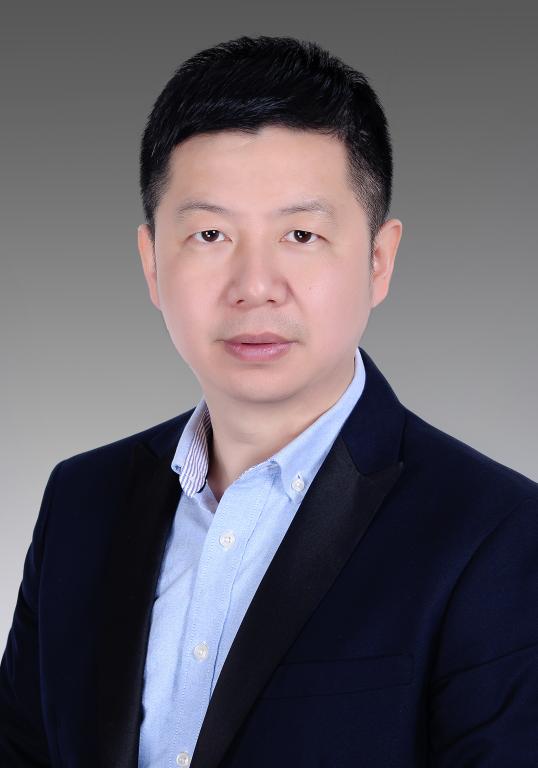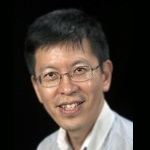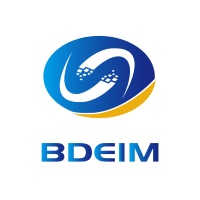
SPEAKERS |
Keynote Speaker Ⅰ
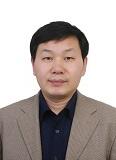
Prof. Wanyang Dai
Nanjing University, China
Bio:
Wanyang Dai is a Distinguished Professor in Mathematics Department of Nanjing University, Chief Scientist at Su Xia Control Technology, President and CEO of U.S. based (blochchain and quantum computing) SIR Forum (Industial 6.0 Forum), a Special Guest Expert in Jiangsu FinTech Research Center, President of Jiangsu Probability & Statistics Society, Chairman of Jiangsu Big Data-Blockchain and Smart Information Special Committee, Chief Scientist at Depths Digital Economy Research Institute, and Editor-in-Chief of Journal of Advances in Applied Mathematics, where his research includes stochastic processes related optimization and optimal control, admission/scheduling/routing protocols and performance analysis/optimization for various projects in BigData-Blockchain oriented quantum-cloud computing and the next generation of wireless and wireline communication systems, forward/backward stochastic (ordinary/partial) differential equations and their applications to queueing systems, stochastic differential games, communication networks, Internet of Things, financial engineering, energy and power engineering, etc. His “influential” achievements are published in “big name” journals including Probability in the Engineering and Informational Sciences, Quantum Information Processing, Operational Research, Operations Research, Computers & Mathematics with Applications, Communications in Mathematical Sciences, Journal of Computational and Applied Mathematics, Queueing Systems, Mathematical and Computer Modeling of Dynamical Systems, etc. His researches are awarded as outstanding papers by various academic societies, e.g., IEEE Top Conference Series, etc. He received his Ph.D. degree in applied mathematics jointly with industrial engineering and systems engineering from Georgia Institute of Technology, Atlanta, GA, U.S.A., in 1996, where he worked on stochastics and applied probability concerning network performance modeling and analysis, algorithm design and implementation via stochastic diffusion approximation. The breakthrough results and methodologies developed in his thesis were cited, used, and claimed as “contemporaneous and independent” achievements by some other subsequent breakthrough papers that were presented as “45 minutes invited talk in probability and statistics” in International Congress of Mathematicians (ICM) 1998, which is the most privilege honor in the mathematical society. The designed finite element-Galerkin algorithm to compute the stationary distributions of reflecting Brownian motions (weak solutions of general dimensional partial differential equations) is also well-known to the related fields.
Keynote Speaker Ⅱ
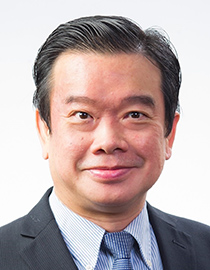
Prof. SIAU Keng Leng
City University of Hong Kong, China
Bio:
Professor Siau is a Chair Professor of Information Systems at the City University of Hong Kong (June 2021-present). He is also a Chair Professor (Affiliate) of the School of Data Science and Affiliate Professor of the CityU Academy of Innovation, City University of Hong Kong. Professor Siau received his Ph.D. in Business Administration from the University of British Columbia (Canada) in 1996. His M.S. and B.S. (honors) degrees are in Computer and Information Sciences from the National University of Singapore.
Professor Siau was the Head of the Department of Information Systems at the City University of Hong Kong from 2021-2024. From 2012 to 2021, he was Head ("Business Dean" equivalent) of the AACSB-Accredited Business Programs at the Missouri University of Science and Technology. Before joining the Missouri University of Science and Technology in June 2012, he was Edwin J. Faulkner Chair Professor and Full Professor of Management at the University of Nebraska-Lincoln (UNL), which is an R1 university. He was also the Director of the UNL-IBM Global Innovation Hub. Professor Siau is Editor-in-Chief of the Journal of Database Management (SCI and ABDC's A journal). He is also a Senior Editor of the Industrial Management & Data Systems journal. He has served as the North America Regional Editor of the Requirements Engineering journal (2010-2016). He has also served as the Vice President of Education for the Association for Information Systems (AIS) from July 2011 to June 2014. He is an AIS Distinguished Member–Cum Laude and an AIS Fellow.
Keynote Speaker Ⅲ
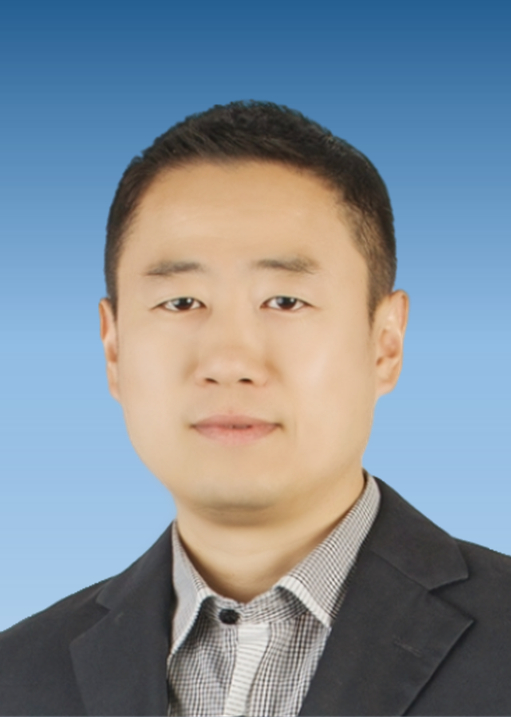
Prof. Xin Yang
Southwestern University of Finance and Economics, China
Bio:
Updating.......
| Updating....... Keynote Speaker Ⅲ
Prof. Chuan Zhan Chongqing Technology and Business University, China Bio: Dr. Zhan Chuan, a computer science Ph.D. from the University of Electronic Science and Technology of China, is a Master supervisor and Dean at the International Business School in Chongqing Technology and Business University. Professor Zhan has enriched his academic experience as a visiting scholar at the Sobey School of Business, Saint Mary's University in Canada. He is also actively involved in many professional associations, including the Vice President of the Chongqing E-commerce Association and an Executive Director of the Chongqing Computer Association. His contributions extend to his role as Director of the Laboratory of Business Logistics and E-commerce under the Chongqing Municipal Commission of Commerce, and as Director of the Big Data Analysis and Decision Institute within the Chongqing Laboratory of E-commerce and Supply Chain System. Additionally, he is a member of the innovation team for "Management Decision and Support System" in Chongqing and a member of the Chongqing Western Returned Scholars Association. Professor Zhan has a solid theoretical foundation, his research interests encompass intelligent business, business big data analysis, data mining, innovative applications of the Internet of Things(IoT), and data-driven managerial decision-making. He has directed or participated in over 20 national and provincial research projects, authored a book and a textbook, filed for 7 invention patents with 2 granted, and published nearly 50 papers in notable journals, including 2 indexed in Science Citation Index (SCI) and 5 in Engineering Index (EI). His practical expertise includes leading IT consulting and innovation projects for e-commerce businesses and government agencies, enhancing the field with his insights into intelligent business strategies and data analytic. |
Keynote Speaker Ⅲ
Assoc. Prof. Alton Chua Yeow Kuan Nanyang Technological University, Singapore Bio: Alton Chua is Associate Professor at the Wee Kim Wee School of Communication and Information, Nanyang Technological University. Between 2011 and 2014, he served as Program Director of the Master of Science (Information Systems), and thereafter till 2021 as Associate Chair (Research). Speech Title: The Collaborative Economy: Current Research, Opportunities and Challenges Abstract: As an innovative economic and cultural force, the sharing economy is underpinned by three defining characteristics, namely, digital platforms being a key driver, peer-to-peer operations where users can be both service providers and consumers, and the underlying economic logic being one of access rather than ownership. Drawn from a corpus of research articles on sharing economy published in the last decade, this talk identifies a number of novel research directions where e-Business scholars could pursue. Additionally, opportunities for collaboration with like-minded scholars are also highlighted. Inviting & Updating |
